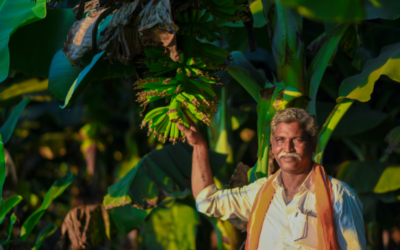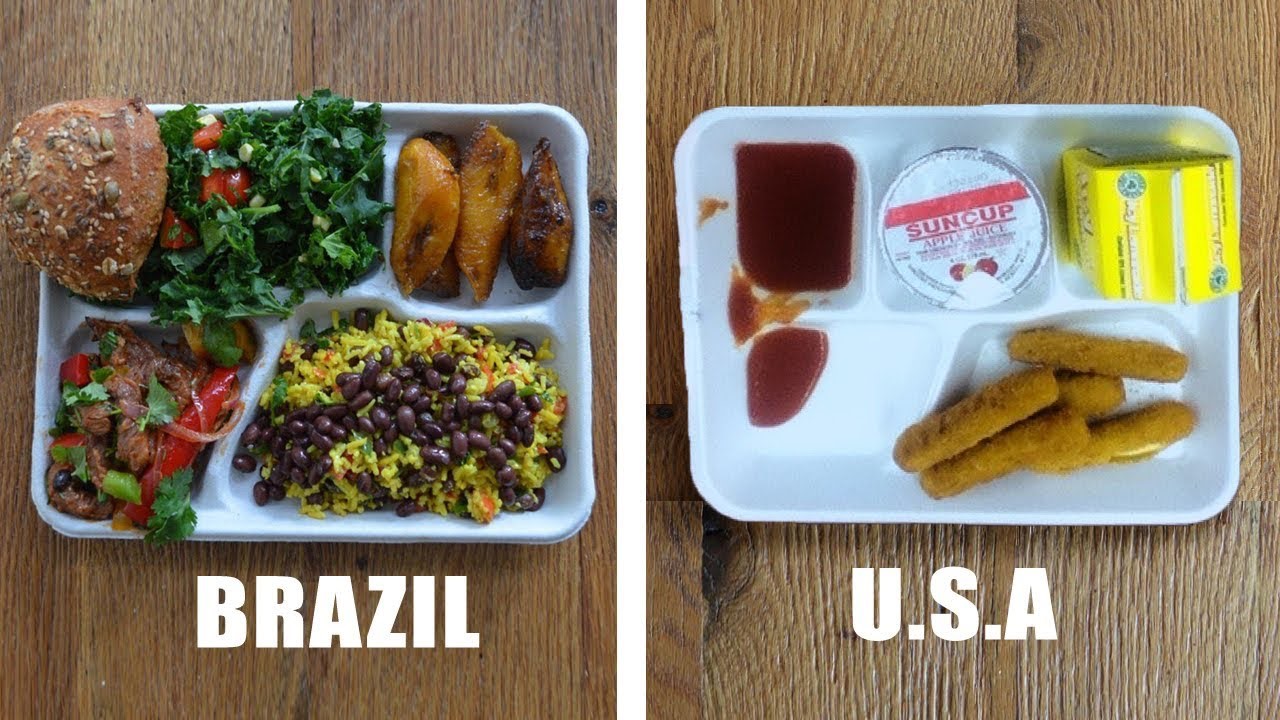(originally published on The Epoch Times)
When you buy beef, if you have visions of the meat coming from cattle that have grazed exclusively on pasture, like our great-grandparents had, it’s time for a reality check.
Most cattle in the United States are fattened on grain and soy in confined conditions in feedlots or factory farms until they reach market weight. This practice, which has only occurred in the past 70 years or so, is stressful and damaging to animals’ health, destroys healthy soil, pollutes the environment, and makes the animals’ meat less nutritious.
There’s a growing trend for people to want clean, health-promoting food and a back-to-nature approach for raising animals. As more people learn compelling nutritional, environmental, and agricultural reasons for choosing meat from animals raised exclusively on pasture, the demand for and sales of 100 percent grass-fed and grass-finished meat have risen.
In the United States, for example, retail sales of pasture-finished beef rose from $17 million in 2012 to $272 million in 2016. According to Technavio research published in 2020, the market for grass-fed beef is predicted to grow by $14.5 billion between 2020 and 2024.
Nutritional and Health Benefits of Grass-Fed Meat
One of the key reasons for the increased demand for grass-fed, grass-finished meat is nutrition. Compared with feedlot meat, meat from 100 percent grass-fed beef, bison, sheep, lamb, and goats has less total fat and fewer calories, and has more vitamin E, beta carotene, and vitamin C.
With less fat and fewer calories, a six-ounce steak from a grass-finished steer can have 100 fewer calories than a six-ounce steak from a grain-fed steer. Investigative journalist Jo Robinson, author of “Why Grassfed is Best!”, estimates that if you eat a typical amount of beef, 66.5 pounds a year, switching to lean, grass-fed beef will save you 17,733 calories a year. If everything else in your diet remains the same, you’ll lose about six pounds a year.

